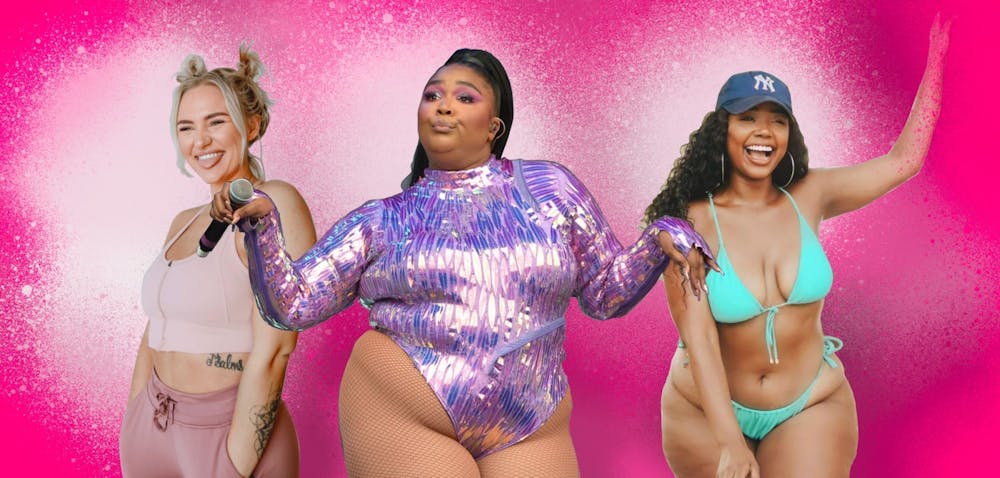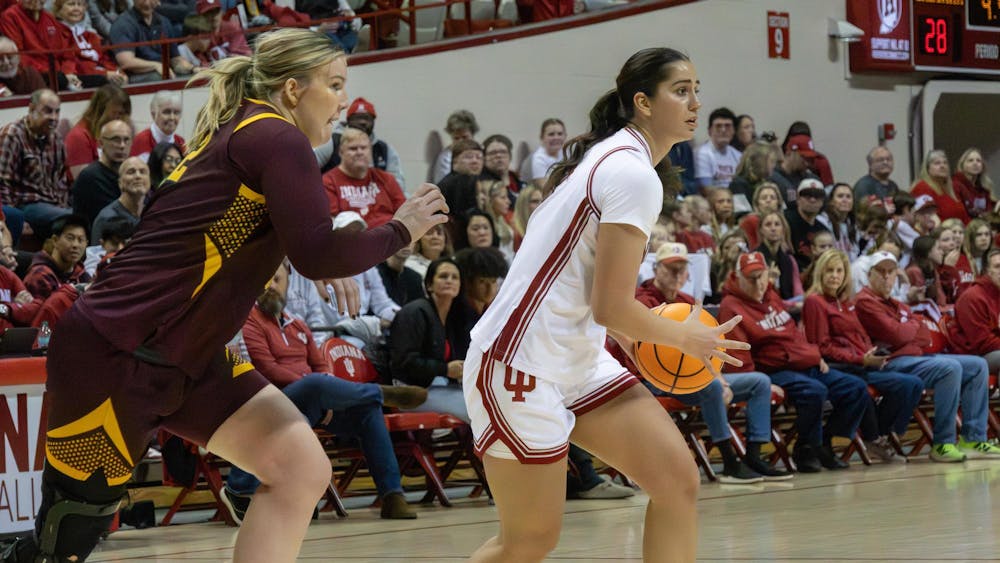Thick Thighs Save Lives. Every Size Is Welcome. Everybody has a beach body.
Slogans like these are implying that society is finally giving plus-sized people the time of day in terms of respect, but are they really?
From people verbally abusing Lizzo to using plus-size models as diversity for clout, we have to ask how much do we really care about our plus-sized community?
TikTok has been often accused of being fatphobic in their censoring, commonly accusing influencers of “violating community guidelines.” In the TikTok community guidelines, videos containing dangerous or graphic content, hatred or harm to individuals, sexually explicit activities or harassment will be removed from the platform.
Influencers like Mikayla Zazon and Sydney Bell, who have 721k and 248k followers respectively, have said they are victims of this censorship.
Multiple creators like Zazon and Bell have claimed that they have been censored because of their bodies.
“I showed the process of what it looks like finding food freedom and finding a balance in life,” Zazon said to the New York Post. “Our worth isn’t our bodies.”
Zazon started the #NormalizeNormalBodies movement on social media. Despite her accepting message and brand, she noticed Tik Tok was flagging her videos most when she was in bathing suits or sports bras, and removing them based on a supposed violation of the community guidelines.
According to the internal documents the Intercept obtained, TikTok allegedly instructed moderators to suppress users’ posts they deem too ugly, poor or disabled for the platform.
Bell was temporarily banned from TikTok for allegedly violating too many community guidelines. She commonly shows in her videos the fatphobic comments people send her on the internet.
She receives comments such as, “Normalizing obesity is neither cute nor high fashion,” or “Stop using body worth as an excuse to not being healthy. Workout.” These comments are examples of what influencers like Bell have to deal with.
Natural bodies should not be ridiculed so harshly or dismissed because someone gains fame.
Why does Instagram have a quicker and stronger reaction for a plus-sized model wearing a bikini or posting a bare female nipple than they do about hate comments that spew racist or harmful rhetoric?
People criticized Lizzo for crying about hate comments after the release of her song, Rumors, and said she seemingly contradicted herself and her “IDGAF” attitude. Lizzo explained on her Instagram Live most of the comments she received were fatphobic and racist.
Let’s clarify something. A desire to be famous or well-known does not invite others nor give them the right to directly insult you. There is a difference between criticism and a hate comment.
When you take into account the current trend of saying anything because you’re online and that millions of people are constantly commenting terrible things you’re allowed to get upset. People are allowed to have feelings.
Even though Lizzo is famous, she should not have to deal with hate comments. Her feelings are valid. It’s similar to telling a woman that because she dresses skimpily she’s allowed to be sexually assaulted.
Personally, I think society believes Black women can’t seem to do anything right. They can’t be too skinny, too big or too tall. They can’t have plastic surgery or wear a bonnet in public. Everyone is making rules for Black women except for Black women.
Despite society constantly saying the opposite, plus-size women are not valued and are expected to be discreetly ashamed of their bodies, especially if they’re Black.






